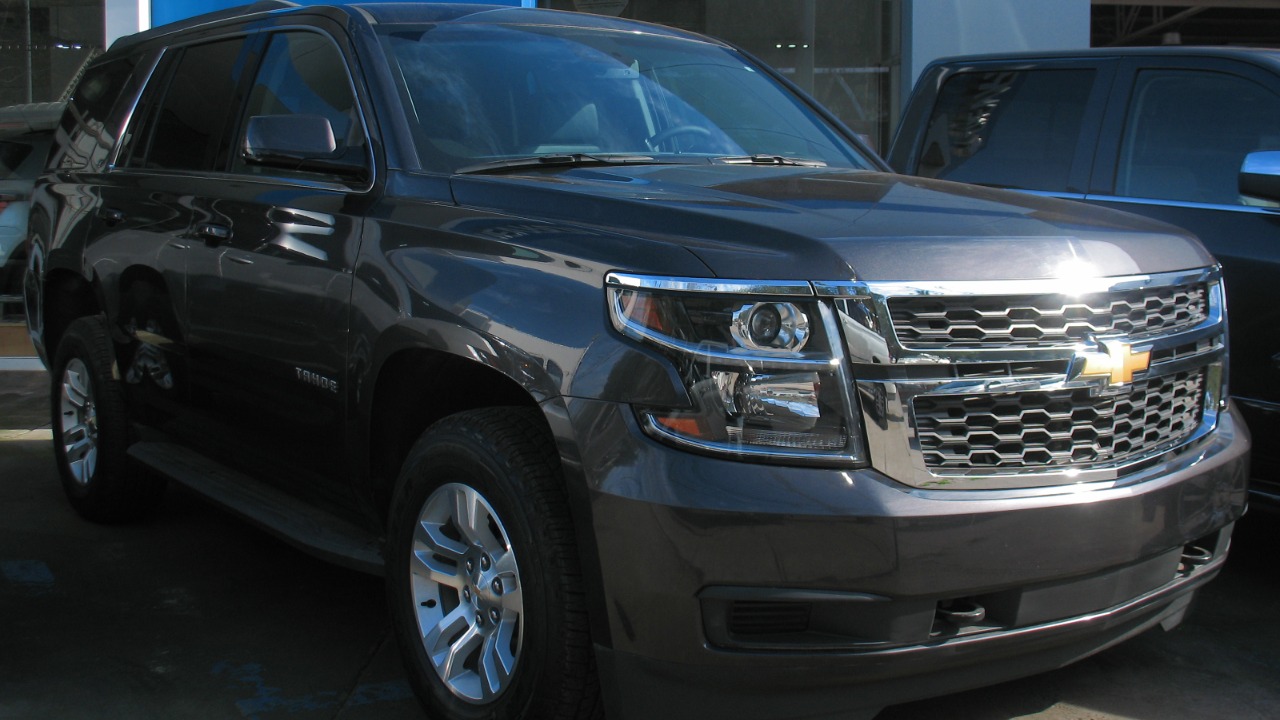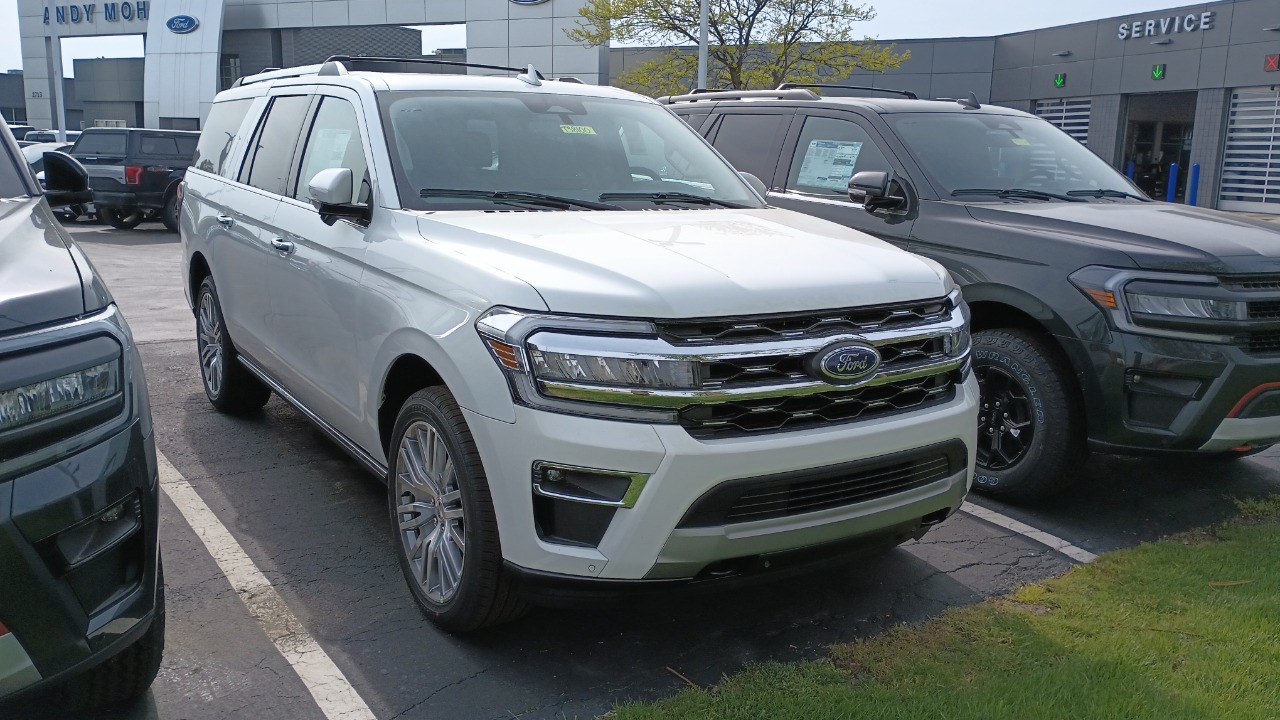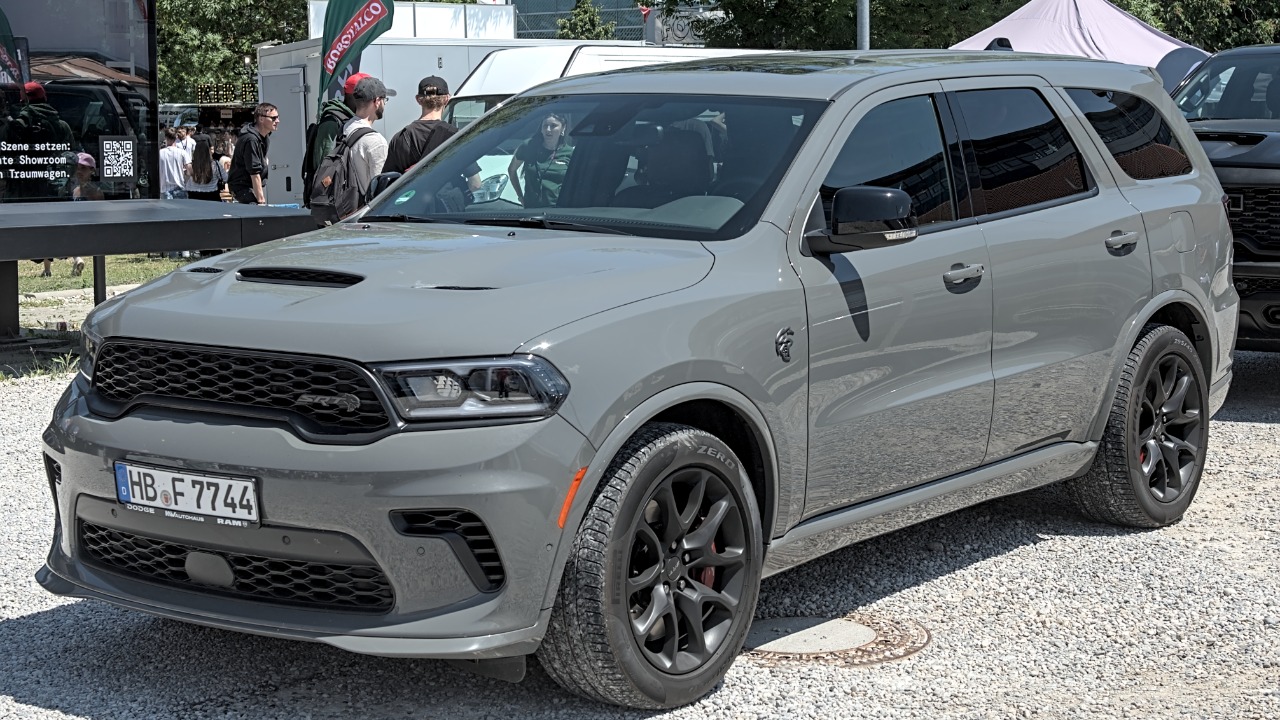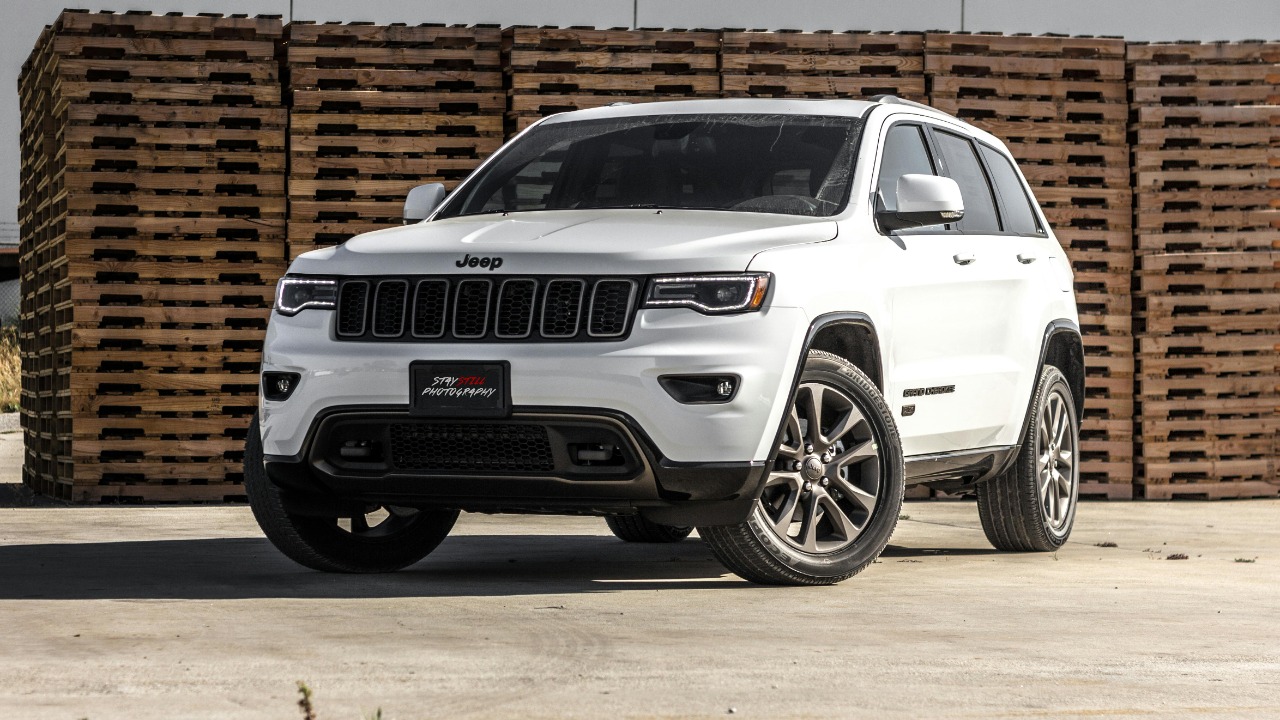
To address environmental concerns and reduce operating costs, certain SUVs have been removed from federal fleets. These changes align with new standards for vehicle emissions and sustainability. Here, I examine five SUVs that are now banned from federal use.
Chevrolet Tahoe

The Chevrolet Tahoe, once a staple in federal fleets, has been phased out due to its fuel consumption and emissions. While the Tahoe is known for its spaciousness and power, it falls short of meeting the strict emissions standards now being enforced. The model years impacted primarily include 2018 to 2022, which have been criticized for their low fuel efficiency.
Despite its popularity, the move away from the Tahoe is part of a broader effort to transition to more sustainable options. The focus is shifting towards vehicles that offer similar capacity but with improved environmental performance, aligning with federal goals for greener transportation solutions.
Ford Expedition

The Ford Expedition has also been removed from federal fleets, primarily due to its environmental impact. Its larger engine options and weight make it less efficient compared to newer alternatives. Models from 2017 to 2023 have been particularly affected by this decision.
The federal move to ban the Expedition underscores the ongoing push for zero-emission vehicles. The transition is seen as necessary to meet national targets for reducing carbon footprints and promoting cleaner technologies in government operations.
Dodge Durango

Once valued for its performance and durability, the Dodge Durango has been dropped from federal fleets. The decision aligns with a focus on reducing greenhouse gas emissions from government-owned vehicles. Durango models released between 2016 and 2021 are specifically noted for their higher emissions rates.
While this SUV offered significant towing and off-road capabilities, these benefits are being reevaluated against environmental costs. The shift is part of a broader strategy to replace older, less efficient models with innovations that better support federal environmental and efficiency policies.
Jeep Grand Cherokee

The Jeep Grand Cherokee, known for its off-road prowess, has been excluded from federal use due to its failure to meet new efficiency benchmarks. Models from 2015 to 2020 are particularly impacted by these changes, as they do not align with updated environmental mandates.
This decision highlights the increasing importance of eco-friendly vehicles in governmental operations. By transitioning away from models like the Grand Cherokee, federal fleets aim to set an example in sustainable transportation, paving the way for more environmentally conscious choices across various sectors.
GMC Yukon

The GMC Yukon is another SUV that has been removed from federal fleets. Known for its size and power, the Yukon has been criticized for its fuel inefficiency and emissions. The ban affects models from 2018 through 2023, which have been outpaced by more sustainable alternatives.
As part of a larger initiative to embrace armored electric vehicles and other low-emission options, the federal government is moving towards a fleet that reflects modern environmental values. This shift is expected to support wider adoption of eco-friendly cars and inspire similar actions in the private sector.